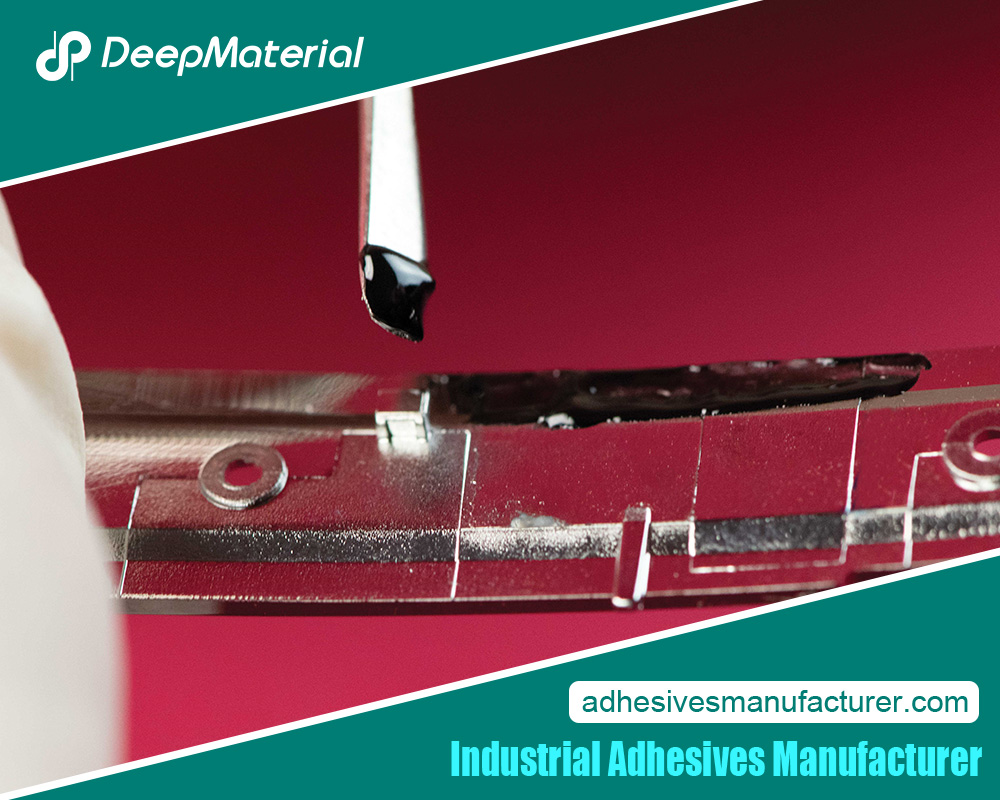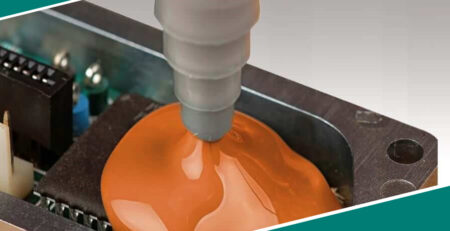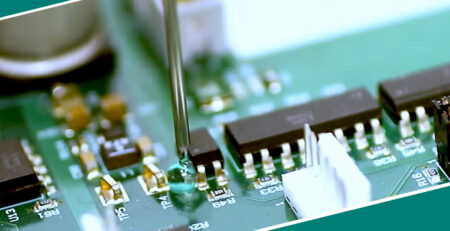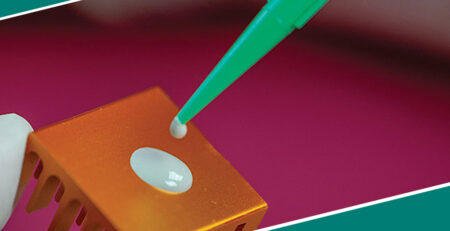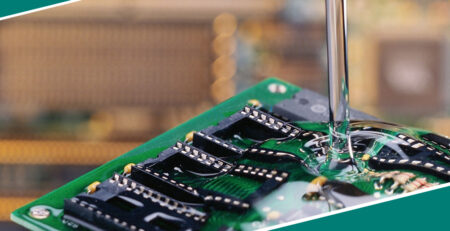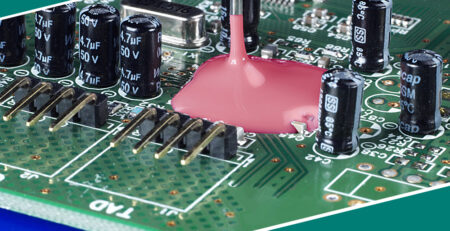The Comprehensive Guide to Electrical Insulation with Epoxy Resin
The Comprehensive Guide to Electrical Insulation with Epoxy Resin
Electrical insulation is critical to ensuring the safety and efficiency of electrical systems. Among the various materials used for insulation, epoxy resin stands out due to its exceptional properties. From high dielectric strength to excellent mechanical support, epoxy resin has become a preferred choice in various applications. This article delves into the multifaceted role of epoxy resin in electrical insulation, exploring its benefits, applications, and best practices for use.
Understanding Epoxy Resin as an Insulator
What is Epoxy Resin?
Epoxy resin is a type of thermosetting polymer known for its strong adhesive properties, chemical resistance, and excellent electrical insulation characteristics. Composed of an epoxy polymer and a hardener, this material hardens upon curing, forming a solid and durable structure.
Why Epoxy Resin is Ideal for Electrical Insulation
- High Dielectric Strength: Epoxy resin offers high dielectric strength, making it capable of withstanding high voltages without breaking down.
- Thermal Stability:It maintains its insulating properties even at high temperatures, ensuring consistent performance.
- Chemical Resistance: Epoxy resin is resistant to a wide range of chemicals, reducing the risk of corrosion in electrical components.
- Moisture Resistance:Its ability to resist moisture ingress makes it ideal for humid or wet environments.
- Mechanical Strength:Epoxy resin provides structural integrity beyond insulation, protecting electrical components from mechanical stresses.
Applications of Epoxy Resin in Electrical Insulation
Insulating Electrical Motors and Generators
One of epoxy resin’s most common applications is insulating electrical motors and generators. The resin is applied to the windings to prevent short circuits and ensure efficient operation.
- Enhanced Performance: The insulation reduces the risk of overheating, thereby extending the lifespan of the motor or generator.
- Improved Safety:By preventing electrical leakage, epoxy resin contributes to the overall safety of the equipment.
Encapsulation of Electrical Components
Epoxy resin is widely used for encapsulating or potting electrical components. It involves embedding components like transformers, inductors, or sensors in epoxy resin to protect them from environmental factors and mechanical damage.
- Protection from Environmental Hazards: Encapsulation shields components from dust, moisture, and chemicals.
- Vibration Dampening: The rigidity of epoxy resin reduces the impact of vibrations on delicate components, enhancing durability.
Insulating Printed Circuit Boards (PCBs)
Printed Circuit Boards (PCBs) are the backbone of most electronic devices. Epoxy resin is a protective coating over PCBs to insulate and protect the circuit from external conditions.
- Electrical Isolation: The resin creates a barrier that prevents unintended electrical connections.
- Corrosion Prevention:Coating PCBs with epoxy resin protects them from oxidation and other corrosive processes.
Use in High Voltage Applications
Epoxy resin is also used in high-voltage insulators, such as bushings and circuit breakers. Its high dielectric strength and resistance to tracking make it ideal for these applications.
- Enhanced Dielectric Performance:Ensures the insulator can handle the voltage stress without failure.
- Long-Term Reliability:Epoxy resin insulators are known for their durability and longevity, reducing maintenance needs.
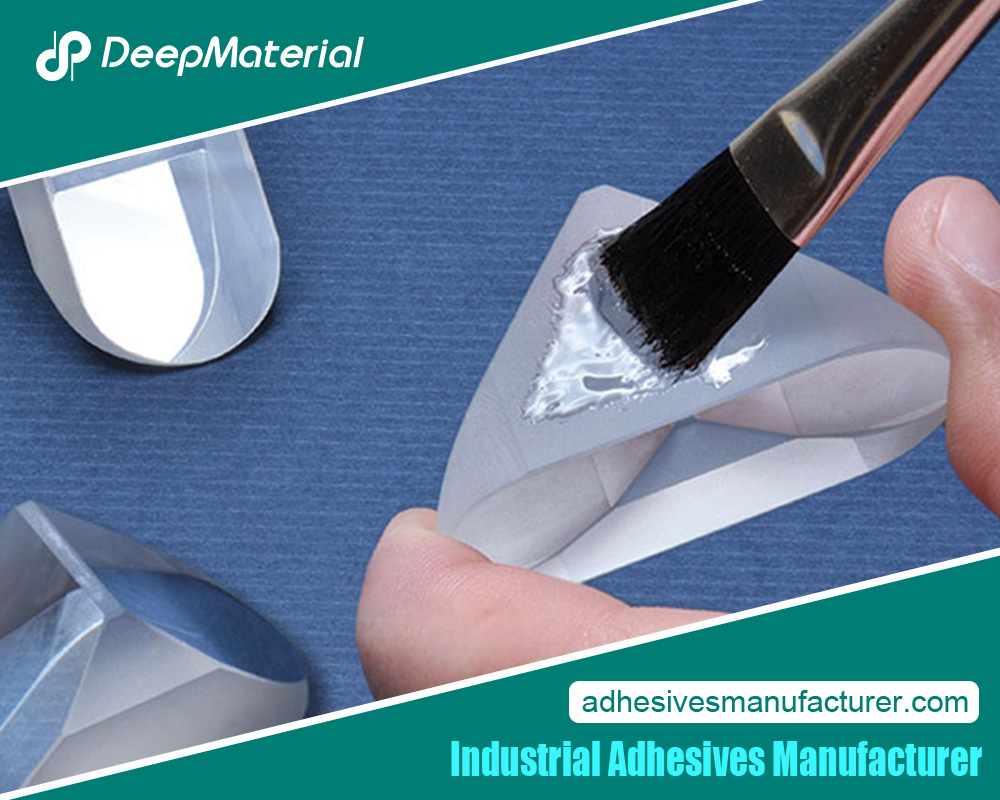 Advantages of Using Epoxy Resin for Electrical Insulation
Advantages of Using Epoxy Resin for Electrical Insulation
High Durability and Longevity
Epoxy resin forms a tough, durable layer that can withstand mechanical stress, temperature fluctuations, and chemical exposure. This makes it an excellent choice for applications requiring long-term reliability.
- Reduced Maintenance Costs:The longevity of epoxy resin means fewer repairs and replacements over time.
- Consistent Performance: Epoxy resin maintains its insulating properties over long periods, ensuring stable performance.
Versatility in Application
Depending on the specific insulation needs, epoxy resin can be applied in various forms, such as coatings, adhesives, or encapsulants.
- Adaptability: It can be molded to fit different shapes and sizes, making it suitable for various components.
- Customizable Properties: By adjusting the formulation, the properties of epoxy resin can be tailored to meet specific requirements, such as enhanced thermal conductivity or flexibility.
Excellent Adhesive Properties
In addition to insulation, epoxy resin acts as an adhesive, bonding components together and ensuring structural integrity.
- Dual Functionality: Serves as an insulator and an adhesive, reducing the need for additional materials.
- Strong Bonding: Provides a secure hold, even in challenging conditions like high temperatures or chemical exposure.
Environmental and Safety Benefits
Epoxy resin is generally considered environmentally friendly, especially compared to other insulation materials that may contain harmful substances.
- Low Toxicity: Most epoxy resins are free from volatile organic compounds (VOCs), making them safer.
- Sustainable Option:Advances in technology have led to the development of bio-based epoxy resins, offering a more sustainable alternative without compromising performance.
Best Practices for Applying Epoxy Resin in Electrical Insulation
Surface Preparation
Proper surface preparation ensures the epoxy resin adheres well and provides effective insulation.
- Cleaning: Remove all dust, grease, and other contaminants from the surface.
- Roughening: Lightly roughen the surface to enhance the mechanical bond between the resin and the substrate.
- Priming: Sometimes, a primer can improve adhesion and insulation properties.
Mixing and Curing
The performance of epoxy resin depends significantly on the proper mixing and curing process.
- Accurate Proportions: Mix the epoxy resin and hardener in the correct ratio as specified by the manufacturer.
- Thorough Mixing: Ensure the two components are thoroughly mixed to avoid weak spots in the cured resin.
- Controlled Curing: To achieve optimal properties, the resin can cure at the recommended temperature and time.
Application Techniques
Depending on the specific application, epoxy resin can be applied in various ways.
- Brush or Spray Coating: Brushing or spraying the resin can provide a uniform layer for insulating large surfaces.
- Casting or Potting: To encapsulate components, pour the resin into a mold or pot to cover the parts thoroughly.
- Injection Molding:This technique is used for more complex shapes. The resin is injected into a mold under pressure.
Challenges and Considerations in Using Epoxy Resin
Handling and Safety Precautions
While epoxy resin is generally safe, it is essential to follow proper handling procedures to avoid health risks.
- Personal Protective Equipment (PPE): Use gloves, goggles, and respirators as needed to protect against exposure.
- Ventilation: Ensure adequate ventilation when using epoxy resin to avoid inhaling fumes.
- Spill Management:Have a plan for dealing with accidental spills, including readily available absorbent materials and cleaning agents.
Cost Considerations
The cost of epoxy resin can vary depending on its formulation and the application. While it offers excellent performance, it is often more expensive than other insulation materials.
- Cost-Benefit Analysis: Weigh the initial cost against the long-term benefits, such as durability and reduced maintenance.
- Bulk Purchasing: Buying epoxy resin in bulk can reduce costs for large projects.
Environmental Impact
Despite its benefits, epoxy resin is derived from petrochemicals, and its production can have environmental impacts.
- Sustainability: Opt for bio-based or low-VOC epoxy resins to minimize environmental impact.
- Disposal: Properly dispose of epoxy resin waste, following local regulations to avoid environmental contamination.
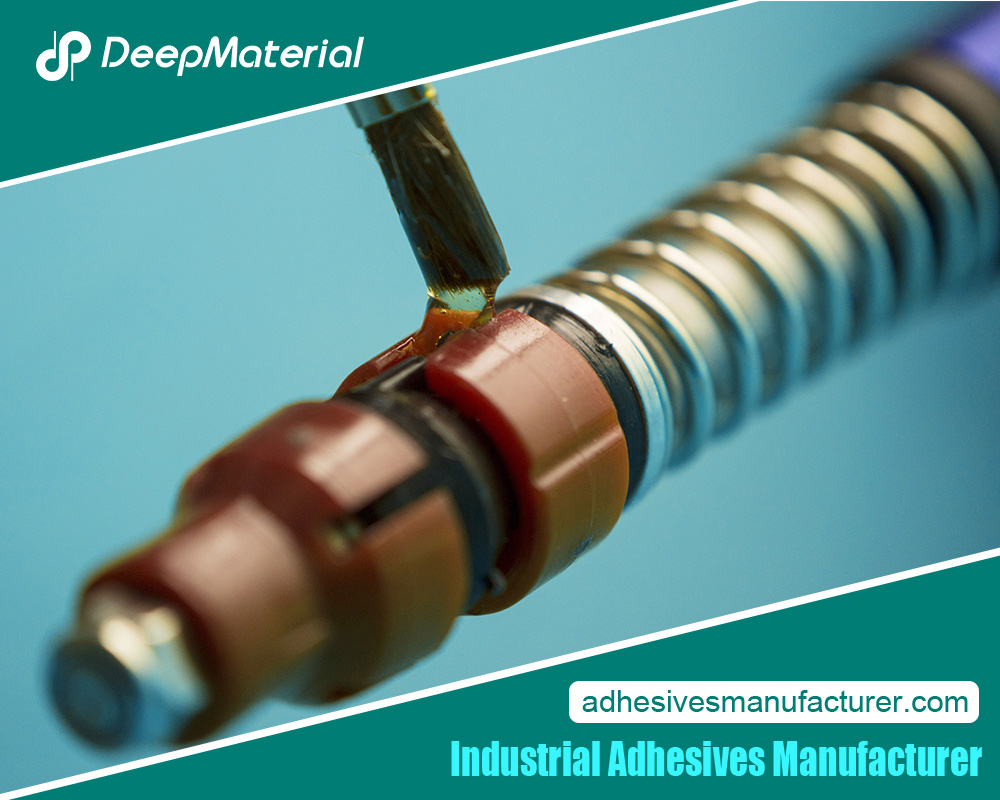 Conclusion
Conclusion
Epoxy resin has revolutionized the field of electrical insulation, offering unparalleled benefits in terms of durability, versatility, and performance. From enhancing the safety of electrical motors to providing robust protection for circuit boards, its applications are vast and varied. While there are cost and environmental impact challenges, the advantages of using epoxy resin far outweigh these concerns. By following best practices in application and considering the specific needs of each project, epoxy resin can be an invaluable tool in ensuring the safety, efficiency, and longevity of electrical systems.
For more about choosing the comprehensive guide to electrical insulation with epoxy resin, you can pay a visit to Deepmaterial at https://www.adhesivesmanufacturer.com/ for more info.

